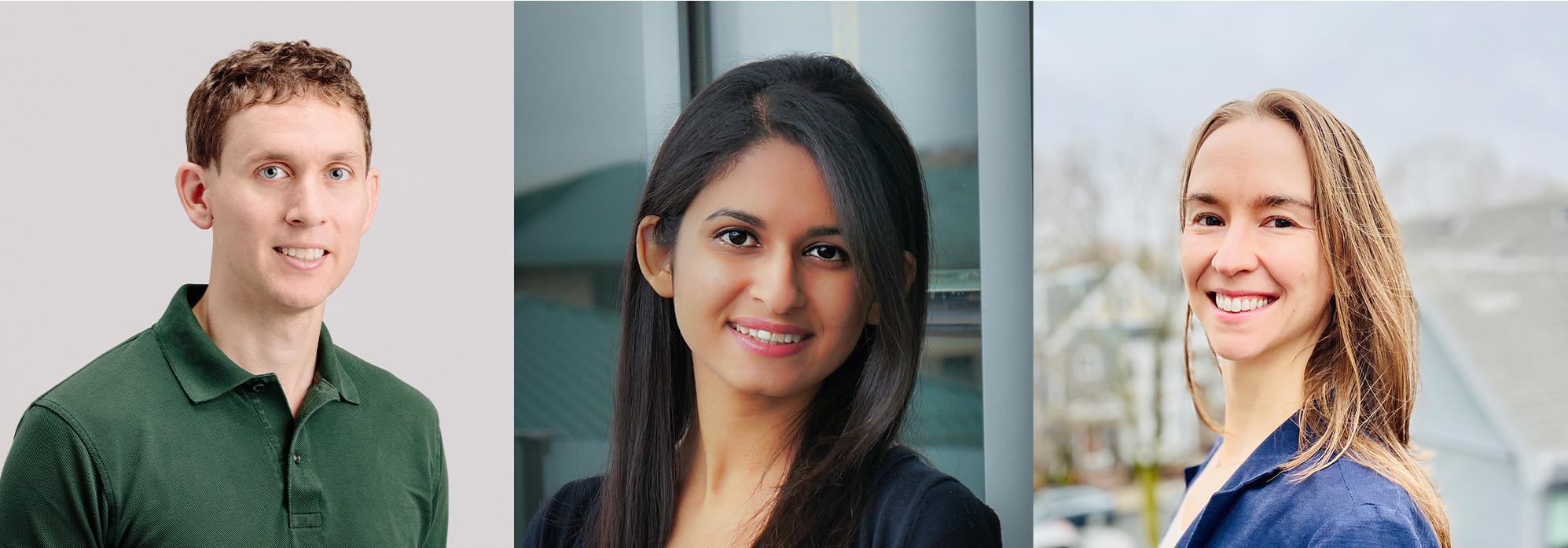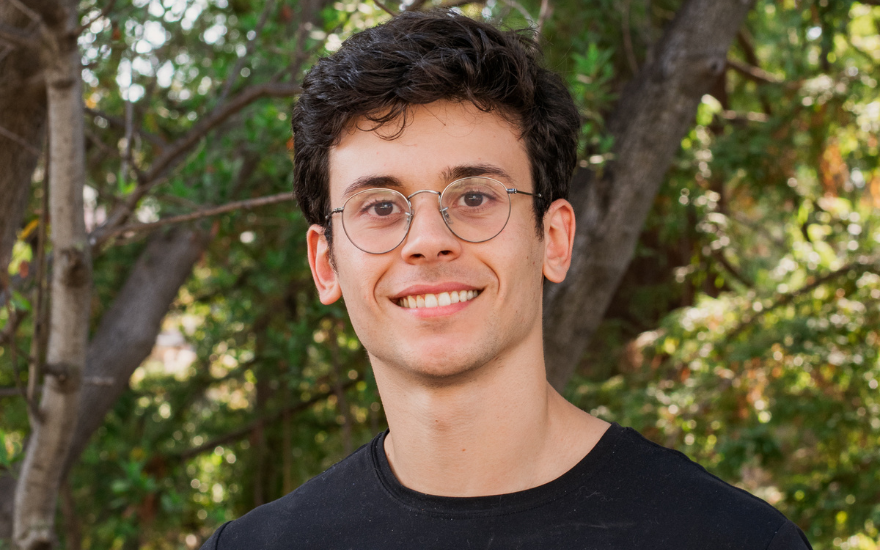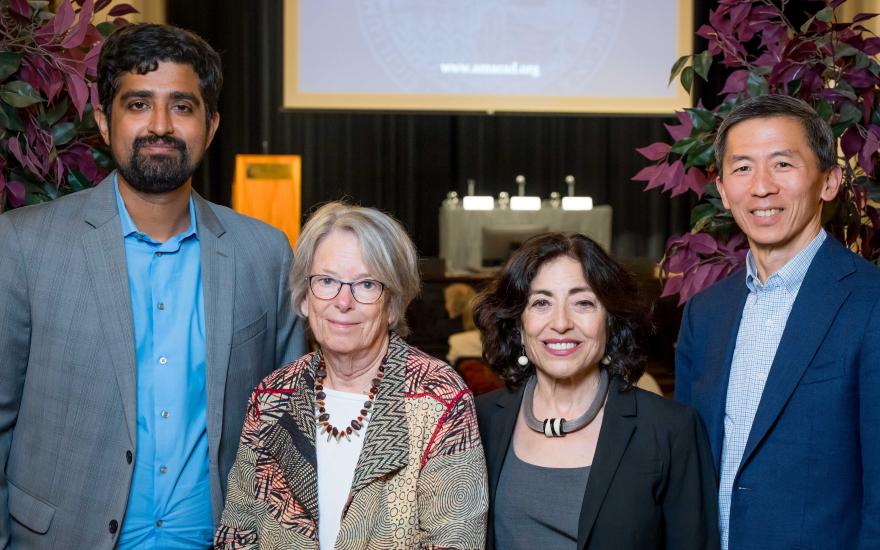Three UC Berkeley experts have been named as Schmidt Sciences’ AI2050 Early Career Fellows, a cohort that will conduct ambitious artificial intelligence research to benefit society.
Computer Science Assistant Professor Nika Haghtalab, Statistics and Computer Science Assistant Professor Jacob Steinhardt and incoming Statistics Assistant Professor Amanda Coston are among this year’s 19-person group. Each will receive up to $300,000 over two years to fund their work.
"Modern AI systems are rapidly scaling in both capabilities and impact, with the potential to unlock profound discoveries," said Eric Schmidt, co-founder, with his wife Wendy, of Schmidt Sciences and AI2050 co-chair, in the organization’s announcement. "These AI2050 Early Career Fellows will tackle challenging issues in AI to uphold safety, reliability, and promising benefits for humanity.”

Artificial intelligence has become increasingly pervasive across society, from chatbots that can pass a bar exam to cars that drive themselves. The pace of discovery and change is continuing to accelerate. The AI2050 initiative supports talented researchers whose work aims to ensure that AI’s progress benefits humanity.
The program’s early career fellowship encourages young scholars to study difficult challenges and opportunities related to artificial intelligence, efforts that are often multidisciplinary, risky and can be hard to fund. Take Berkeley expert’s efforts as examples.
Haghtalab, who also recently received the prized Sloan Research Fellowship, will study and provide insights on how to address social and strategic considerations in machine learning systems. This work, which will assess issues like the fairness and robustness of these systems, could have wide-ranging benefits as machine learning’s applications permeate broad swaths of society.
Coston, who is currently in a postdoctoral role at Microsoft Research and starts at Berkeley this fall, will focus on how to evaluate whether AI that is used to predict outcomes as part of high stakes decision-making will work as intended in the real world. Her work will harness interdisciplinary methods from statistics, human-computer interaction and the social sciences.
“AI is now ubiquitous in our daily lives, and the race is on to get it right,” said James Manyika, co-chair of the AI2050 program. “If AI is to have benefited humanity when we look back in 2050, we need to begin now to confront and solve for the challenges and opportunities such as those framed by the AI2050 Hard Problems list… We have to evolve our society’s systems and institutions to negotiate the complexities of how to be human in an age of increasingly powerful technology.”
Schmidt Sciences is a philanthropy dedicated to fostering the advancements of science and technology that accelerate and deepen our understanding of the natural world and develop solutions to global issues.



